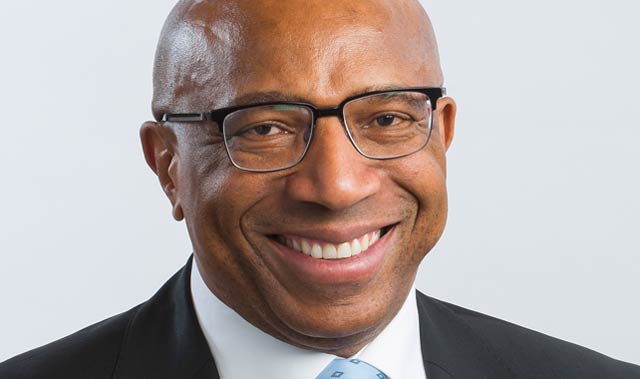
As Telkom walked away from buying Cell C this week, the mobile operator’s parent, the Dubai-headquartered Oger Telecom, has said a sale is not the only option under consideration.
Although talks are ongoing with other, unnamed suitors, Oger Telecom deputy CEO Mazen Abou Chakra said in an exclusive interview this week that the company is happy with Cell C’s “strong performance”, especially in the past year, and won’t sell the asset unless the deal is in the best interests of Cell C.
He said, too, that Oger Telecom is not a forced seller.
Telkom told shareholders on Thursday that it had “agreed mutually” with Oger Telecom to terminate the talks, sending its share price rallying by more than 8%. Senior sources close to both companies said the deal fell apart mainly because the parties couldn’t get anywhere close to agreeing on a valuation, and not because Telkom uncovered something unexpected in the course of a due diligence investigation.
Telkom CEO Sipho Maseko had said earlier in the week that buying Cell C would transform the company from a distant number four player in South Africa’s mobile telecommunications market into a credible number three able to take the fight to bigger rivals Vodacom and MTN.
Although Telkom must clearly now reconsider its strategy, Maseko said the company’s mobile arm is able to survive on its own. The problem is it doesn’t have the benefits of scale of the big incumbents.
Meanwhile, Chakra said Telkom’s decision to walk away from the talks has not changed Oger Telecom’s review of Cell C’s future.
Whatever decisions are taken, Cell C’s management team — whom Chakra describes as a “partner” in the business — must be involved, he emphasised.
“We have a good business today in Cell C, with great management, and for us management is our partner, so whatever we are going to do, they are going to be part of what we do as a shareholder, as Oger Telecom.”
Cell C is led by Jose Dos Santos, whom Chakra praised for the way he has run the business since taking the reins from the former CEO, Alan Knott-Craig, in 2014. Knott-Craig stepped down after suffering a stroke in November 2013.
“The performance of the company has been extremely good,” Chakra said. “If you look at all of the parameters of Cell C today, it is a much healthier company.”
Oger Telecom, he said, had received a number of offers for Cell C, from both local and international suitors.
He said Oger decided earlier this year to review its options for Cell C after regulators in South Africa admitted that there had been “market failure” in the telecoms sector and that this disadvantaged the industry’s smaller operators.
Specifically, changes to the mobile termination rates regime — where Cell C and Telkom Mobile would receive fewer “asymmetry” benefits from Vodacom and MTN for calls placed between the operators’ networks — prompted the review. “The market failure has not been addressed,” he said. “Our solution is to look at our alternatives.”
The alternatives include selling Cell C outright, or remaining fully invested, or a combination of these options.

Chakra denied speculation that Oger Telecom is a forced seller. “It’s not like we have to sell the business because there is a payment due. We have refinanced all of our debt. Rather, it’s about not losing the momentum of Cell C, so we need to take a decision [soon].”
He declined to reveal how much debt Cell C has on its balance sheet, though some reports have pegged it at about R14bn. “We are a private company, so we don’t disclose our numbers. What I can tell you is we don’t have any issues. We have a clear runway. We don’t have any pressure from our capital structure.”
In July, ratings agency Standard & Poor’s removed Cell C from a watch list for a possible downgrade. This came after Cell C secured US$4,7bn in long-term debt with international banks to fund future capital investments.
It was also able to implement “positive working capital changes” in June to fulfil the redemption of its R2bn in unsecured debt, the agency said. “It subsequently issued R3,3bn of notes to restore its liquidity.”
Standard & Poor’s said Cell C had “ample liquidity to cover its current capital spending and debt maturity needs”.
- This article was first published in the Sunday Times




